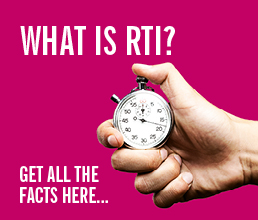Capital Gains Tax (CGT) is a tax HMRC charge you when you ‘dispose’ of an asset, either by selling or giving it away.
Some assets are exempt from CGT, such as:
- Betting and lottery winnings
- Assets held in an ISA
- Jewellery, paintings and antiques which have an individual value of £6,000 or less
- Your private motor car (this usually has to be a classic car) which has gained in value over the years
- Your only or main home, ie the home you regard as your principle private residence
Accordingly, it’s fair to say that most taxpayers may one day encounter a liability to CGT on the disposal of rented property, stocks and shares, paintings and other works of art, at a value greater than that when the asset was originally acquired.
Unfortunately, generosity doesn’t exempt you from CGT, so giving away an asset less than the ‘market value’ to say your son or daughter could still make you liable to CGT on the disposal. You can, however, sell or gift an asset to your legal spouse / including civil partner. However, if that partner later sells the asset, he or she may have to pay CGT at that time on the gain made by (a) you … while you held the asset, as well as (b) on any subsequent gain that belongs to the partner!
You can reduce your liability to CGT by several methods, the most straightforward is claiming your individual entitlement to annual exemption which means paying no tax on gains up to that amount each year. The Annual Exemption limit for 2011/12 was £10,600, and has remained the same for 2012/13.
So for jointly held assets disposed of in 2012/13 the total exempt gain would be £21,200.
Gillespies have been handling Capital Gains disclosures and claims for relief for clients (old and new) since 1987. Getting the Capital Gains Tax calculation absolutely correct, can save lots of money, and lots of grief, and may well be worth paying a modest one-off fee.


